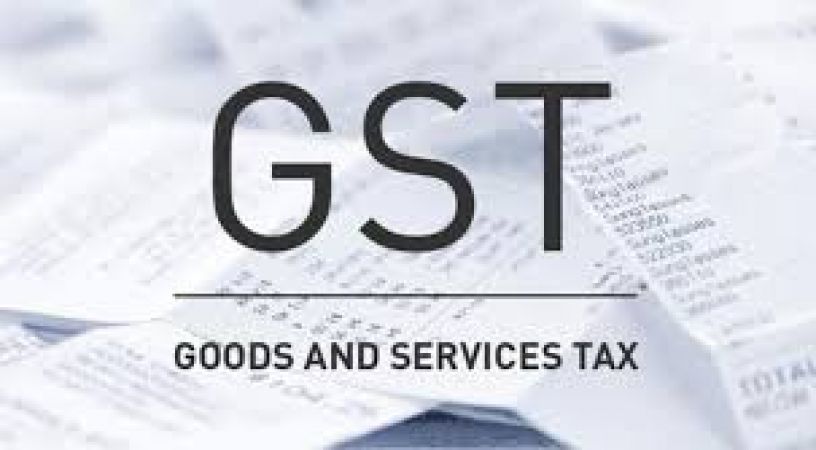
The Goods and Services Tax (GST) celebrated its first anniversary in July this year. The introduction of GST shall always be remembered as a major turning point in the history of Indian Economy. GST holds the registration of about 1 crore businesses under itself. GST has been introduced as the one common tax that has been applied to all the services provided.
In the recent months, GST has been poured with a lot of criticism due to the rough functioning of the process and the imperfection in the chain that mediates the process of transaction and banking, which isn't easy to be dealt with.
In spite of the various lags that occurred during the implementation of GST, the experts associated with it have been very confident about its positive impact on the country's economy.
DS Rawat, the Secretary-General of ASSOCHAM, asserted, "The last one year has seen its fair share of ups and downs from a GST perspective. Businesses have had a tough time in coming to terms with the new law, the new processes and complying with GST. Industries across saw an initial slowdown but now slowly things are inching towards stability. The government too, on its part has been working towards making things simple for the businessman and applying corrections as per feedback received from the ground."
Bimal Jain, the chairman of Indirect Taxes Committee, PHD Chamber of Commerce and Industry affirmed, "The introduction of the E-Way Bill system has resulted in a smooth movement of goods and thereby significant reduction of turnaround time for transportation. Initial anxieties are settling, but still, there is a long way for GST to eventually be called a 'Good and Simple Tax'. Robust IT system (i.e. GSTN network) with minimal fall outs, a simplified system of return filing and matching of credits, further rationalising the 28 per cent rate slab to exclude certain items of mass consumption like colour television, air conditioners etc. It might take another couple of years or more for GST to completely stabilise and settle down."
Bharat Goenka, the MD of Tally Solutions, said, "Simplification of GST as a step towards making compliance simpler is still some distance away and one expects decisions to this effect to move faster. This is particularly important as one of the key learnings from the year gone by is that a semi-complete technical process, for eg. having GSTR 1 but no GSTR 2 is problematic both for the government as well as the taxpayer since compliance is not complete and confusion persists. The decisions for GST 2.0 have been taken and one is looking forward for its actualization so that the economic acceleration that GST is capable of can come alive."
Also, read:
Switzerland to provide the bank documents by the end of the year: Piyush Goyal
NPA status will be worse in coming days: RBI
I'm not a fugitive Economic Offender: Vijay Mallya cries foul
Vijay Mallya finally breaks his silence